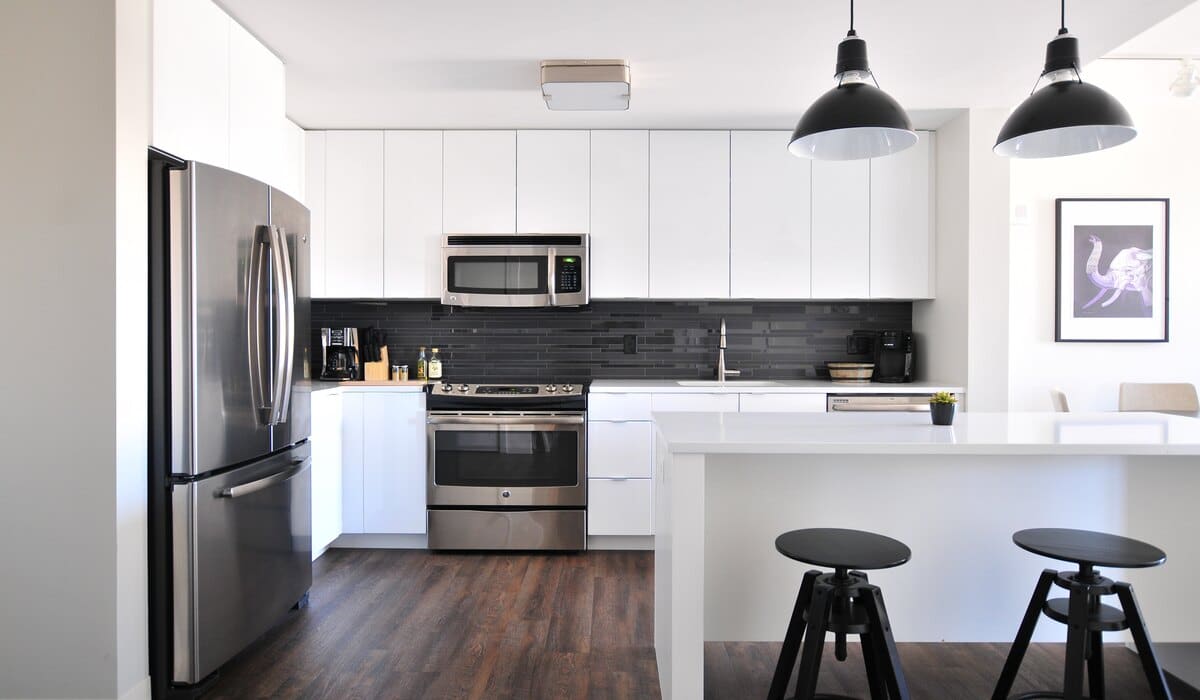Table of Contents
When it comes to building custom range hoods, selecting the right metal materials is crucial for both aesthetics and functionality. The choice of metal not only impacts the overall design but also determines the hood’s durability and performance. Here are some top metal materials commonly used for crafting custom range hoods, along with their benefits:
Stainless Steel:
Stainless steel is a popular choice for custom range hoods due to its timeless elegance and exceptional durability. It resists corrosion, heat, and stains, making it easy to maintain and clean. Additionally, stainless steel can be finished in various ways, such as brushed, polished, or patterned, allowing for versatile design options that complement any kitchen style.
Copper:
Copper range hoods add a touch of rustic charm and warmth to the kitchen. Over time, copper develops a unique patina, enhancing its appeal. Besides its aesthetic value, copper possesses natural antimicrobial properties, promoting a healthier cooking environment. It is also highly malleable, allowing for intricate designs and details in custom hood fabrication.
Zinc:
Zinc is a lesser-known but exceptional material for custom range hoods. It offers a distinctive appearance with its bluish-gray hue, which develops a natural patina over time. Zinc is remarkably resistant to corrosion and requires minimal maintenance, making it an excellent choice for those seeking an aged, industrial look.
Brass:
For a luxurious and glamorous touch, brass range hoods are an ideal option. Brass develops an elegant patina with age, adding character to the kitchen space. Its durability and resistance to tarnishing make it a long-lasting and visually striking choice.
Bronze:
Bronze range hoods exude sophistication and character, with their deep, rich color and exquisite finish. Like copper, bronze also possesses antimicrobial properties, ensuring a cleaner kitchen environment.
Photo by Naomi Hébert on Unsplash


